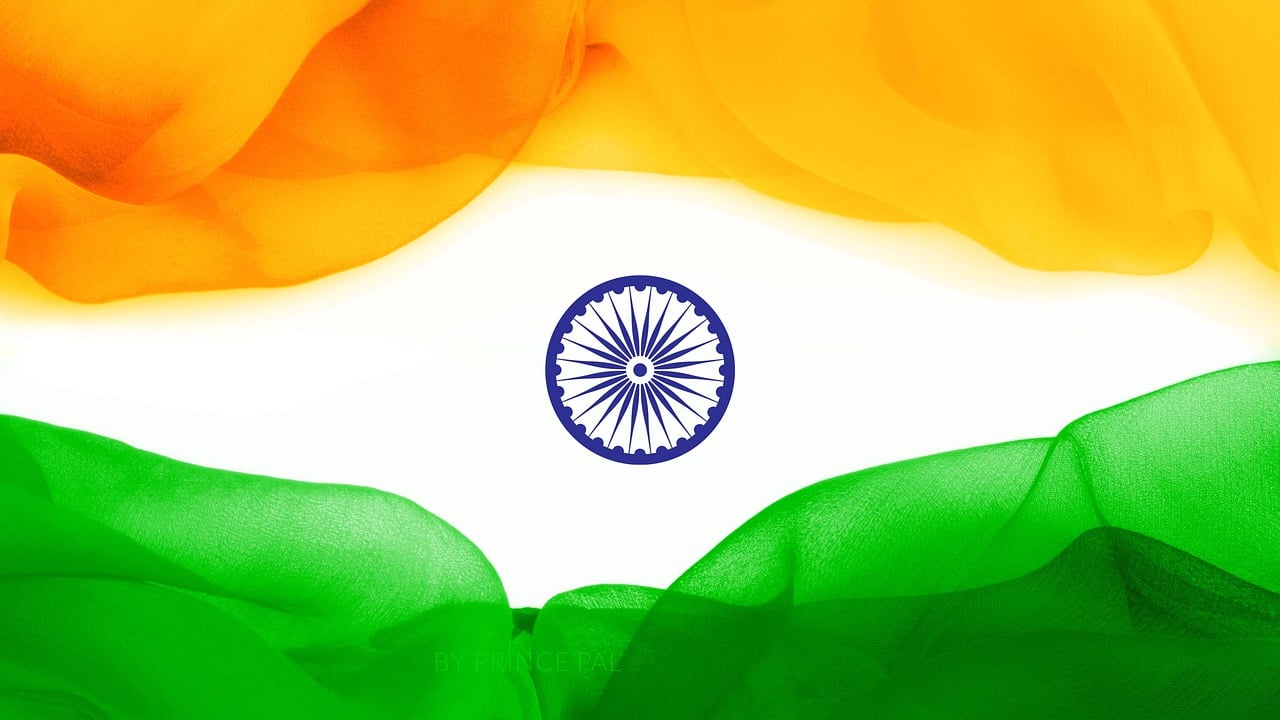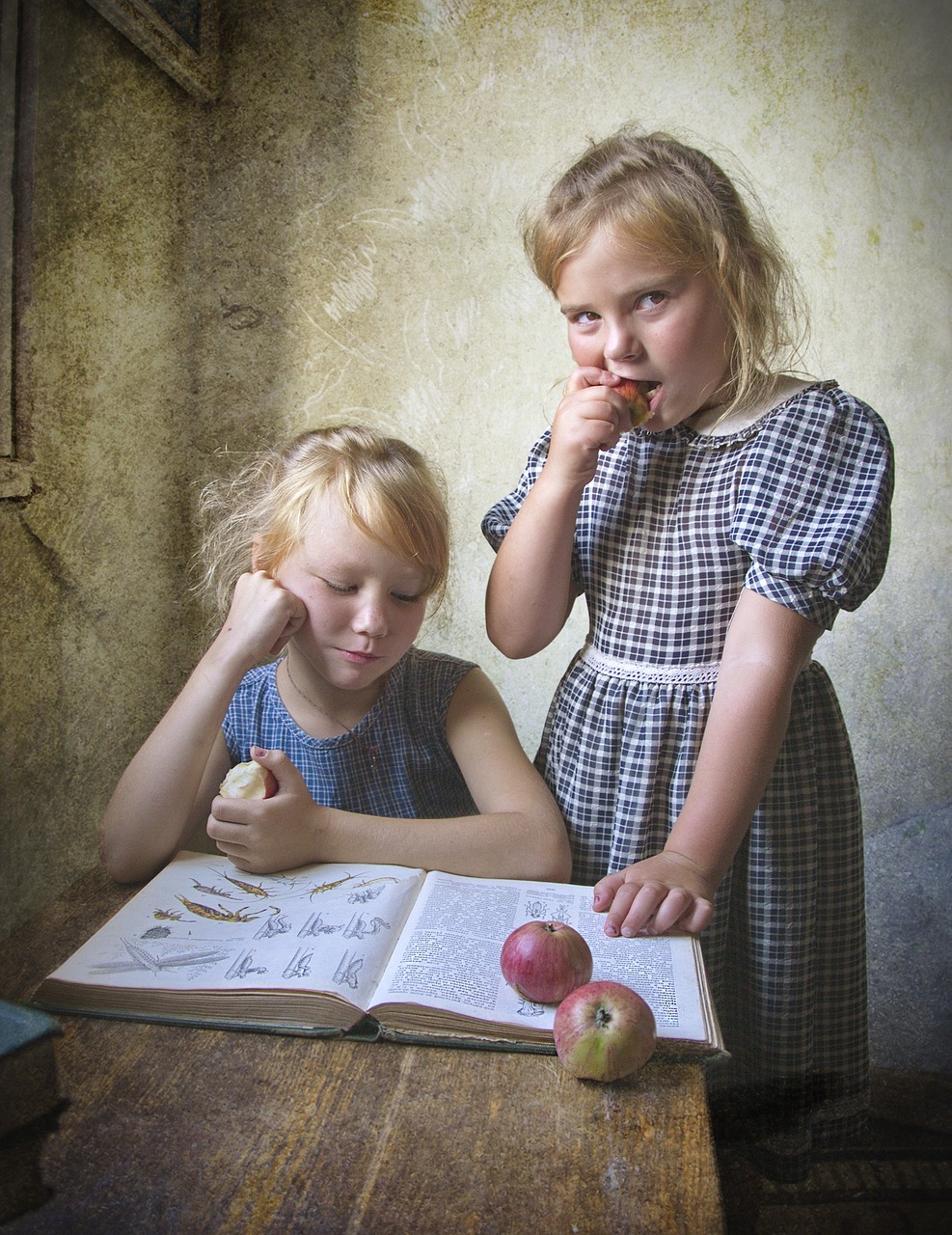India is known for its festival celebrations and vibrant carnivals. Indian festival are celebrated with unique cultural traditions and artistic significance. These Indian festivals have been celebrated with a great pomp and pleasure. It represents the unity in diversity of Indian people. There is an overview of some major Indian carnivals, their perceptivity, and unique ways to celebrate.
The Indian Diwali (A Festival of Magical Lights)
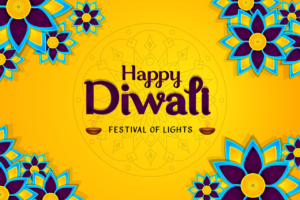
Diwali celebrates the return of Lord Rama to Ayodhya after defeating Ravana. It symbolizes the palm of light over darkness and good over wrong. Traditions Lighting oil painting lights(diyas) and candles around homes.
Decorating with rangoli (intricate patterns drawn on bottoms with colored maquillages). Adoring Goddess Lakshmi for wealth and substance. swapping sweets and gifts with loved ones.
Unique Ways to Celebrate
Hosting eco-friendly Diwali by avoiding crackers and concluding for organic decorations. Organizing charity events for the depressed to partake the joy. Planting trees as a sustainable practice rather of bursting fireworks.
Festival of Colors-Holi
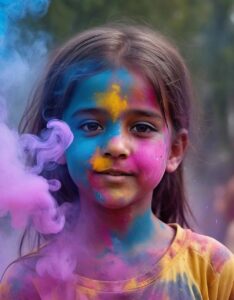
Holi signifies the triumph of good over wrong, commemorating the burning of demoness Holika and the devotion of Prahlad. Traditions Playing with colors and water.
Holika Dahan(campfire) the night before to emblematize the burning of wrong. Preparing traditional sweets like gujiya and thandai.
Unique Ways to Celebrate
Celebrating with organic, eco-friendly colors. Holding artistic events showcasing Holi songs and balls. Waterless Holi, using flower petals and dry colors to conserve water.
A Symbol of Unity: Eid al- Fitr
Eid marks the end of Ramadan, a month of fasting and prayer, and is a festivity of faith, gratefulness, and giving. Traditions Offering prayers at kirkis, swapping gifts and giving charity (Zakat) to the less fortunate. Preparing special dishes like biryani, sevaiyan, and kebabs.
Unique Ways to Celebrate
Participating a mess with people of different communities to foster concinnity. Engaging in acts of kindness and volunteering at harbors. Organizing interfaith discourses to promote artistic understanding.
Navratri and Durga Puja- A Saga of goddess
Navratri celebrates the nine forms of Goddess Durga, representing the triumph of good over wrong. Durga Puja, especially popular in Bengal, honors Goddess Durga’s palm over Mahishasura.
Traditions Fasting, dancing (Garba, Dandiya) and performing pujas.
Setting up large pandals (temporary sanctuaries) and immersing icons in water. Offering prasad (sacred food) and organizing community feasts.
Unique Ways to Celebrate
Eco-friendly Durga icons made from biodegradable accoutrements. Hosting online Garba and Durga Puja events for a wider followership. Organizing blood donation camps and community services as a way of devotion.
Ganesh Chaturthi
This jubilee celebrates the birth of Lord Ganesha, the way of obstacles and the god of new onsets. Traditions Installing complexion icons of Ganesha at homes and public pandals.
Performing diurnal prayers, singing bhajans, and offering modaks (a sweet dumpling). Immersing the hero in water on the last day (Visarjan).
Unique Ways to Celebrate
Opting fore co-friendly Ganesha icons made from complexion, paper, or turmeric. Conducting Visarjan in artificial ponds to cover natural water bodies.
Organizing community drives for cleanliness and environmental mindfulness during the jubilee.
Raksha Bandhan: A Family Festival
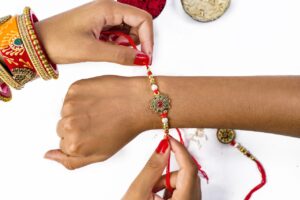
Raksha Bandhan celebrates the bond between sisters and brothers, where sisters tie rakhi (a sacred thread) on their brothers’ wrists, emblematizing protection and love. Traditions Tying rakhis and swapping gifts. Offering sweets and family gatherings.
Unique Ways to Celebrate
Celebrating Rakhi with dogfaces or those who cover the country. Organizing Rakhi fests with environmental themes, similar as planting saplings together.
Tying rakhi to musketeers and associates to promote concinnity beyond domestic bonds.
Makar Sankranti
Celebrated in mid-January, this crop jubilee marks the transition of the sun into Capricorn. It’s a festivity of new crop, substance, and sun.
Traditions Flying harpies, taking holy dips in gutters, and distributing sweets made of sesame and jaggery. Regional variations like Pongal in Tamil Nadu and Lohri in Punjab.
Unique Ways to Celebrate
Organizing community vampire flying events with competitions. Hosting traditional cuisine shops to celebrate original crops. participating food with the indigent to spread the jubilee’s spirit of gratefulness.
Onam Festival
Onam is the crop jubilee of Kerala, celebrated in honor of King Mahabali. It reflects concinnity, substance, integrity, ritual and the richness of Kerala’s culture.
Traditions Creating flowery carpets (Pookalam). Traditional cotillion forms like Kathakali, and the notorious snake boat races (Vallamkali). A grand feast (Onam Sadhya) with a variety of traditional dishes served on banana leaves.
Unique Ways to Celebrate
Organizing virtual artistic performances to show Kerala’s heritage. Promoting Eco-friendly Pookalams with locally sourced flowers. Hosting Onam feasts for the depressed or sharing in community kitchens.
Each jubilee in India offers a unique mix of rituals, customs, and values that promote togetherness, joy, and the spirit of giving.
During Navratri, Dussehra, and Diwali, certain practices and habits are traditionally avoided to maintain chastity and devotion.
What to avoid during these Festival
During Navratri Avoid Non-Vegetarian Food Consuming meat, fish, or eggs is rigorously avoided during Navratri as it’s a time of sattvik living.
No Alcohol or Smoking
Refrain from alcohol, cigarettes, and other intoxicants to maintain internal and physical chastity.
What is the Veggie to be avoided
Avoid Onion and Garlic
These foods are considered tamasic (related to indolence) and are avoided, as addicts prefer a pure vertebrate diet with sattvik constituents.
As a Mark of Respect
Cutting Hair and Nails numerous people avoid cutting their hair, paring, or trimming nails as a mark of respect and devotion during the jubilee.
No Leather Products
Using leather particulars like belts, shoes, or bags is frequently discouraged due to their association with beast products.
Say No to Negative Vibes
Avoid Negative feelings Stay down from wrathfulness, covetousness, rapacity, and other negative feelings.
Maintain a calm and peaceful mindset during these auspicious days. During Dussehra Avoid Conflicts Since Dussehra signifies the palm of good over wrong, avoid arguments, fights, and conflicts to uphold the jubilee’s spirit of peace and harmony.
No Gambling
Dussehra is associated with auspicious onsets, so avoid gambling or engaging in parlous fiscal opinions that could bring negative consequences.
Avoid Portentous
Conditioning like breaking effects or speaking ill of others are considered portentous during Dussehra.
Diwali is associated with the appearance of Goddess Lakshmi, who blesses cleanliness and order. It’s believed that neglecting cleanliness can drive down positive powers.
Avoid Wearing Dark or Torn Clothes
Since Diwali celebrates substance, avoid wearing old, torn, or dark clothes. Bright colors emblematize joy and positivity.
No Non-Vegetarian Food or Alcohol Analogous to Navratri, avoid non-vegetarian food and alcohol on Diwali to insure spiritual chastity.
Avoid Profusion
While fests are grand, avoid destruction of coffers like food, water, or indeed firecrackers. Focus on responsible fests, especially keeping environmental impacts in mind.
Avoid Inordinate Use of Firecrackers
Fire crackers are part of Diwali, but it’s important to avoid inordinate use due to environmental enterprises, noise, and health impacts. Eco-friendly and quiet fests are encouraged.
Avoid Borrowing Plutocrat
It’s considered portentous to adopt or advance plutocrat during Diwali, as it’s a time to invite substance and wealth into the home, not debts.
General Practices to Avoid Disrespecting
Religious Practices insure you admire all rituals and traditions, indeed if you do observe them.
Avoid being careless or discourteous toward religious customs.
Avoiding Charity
Not giving to those in need during these carnivals is considered unkind, especially during Diwali, where participating your blessings is encouraged.
By following these practices, you can observe Navratri, Dussehra, and Diwali with reverence and insure a positive, spiritually perfecting gests Indian carnivals hold immense significance in the artistic, religious, and social fabric of the country.
They’re celebrated with great enthusiasm and are integral to fostering concinnity, church, and joy in everyday life.
Religious Significance and Spiritual Awakening
Indian carnivals, like Diwali, Navratri, and Eid, give an occasion for individualities to connect with their spiritual beliefs and seek blessings from divinities. Each jubilee frequently commemorates a mythological or religious event.
Rituals and Traditions
Carnivals allow people to share in ancient rituals and observances, conserving the religious and artistic heritage of the country.
They reaffirm faith and devotion, helping people stay predicated in their spiritual trip.
Cultural Preservation Heritage and Traditions
Indian carnivals showcase the country’s rich artistic diversity, from North to South and East to West.
Carnivals like Holi, Pongal, and Durga Puja keep the traditions alive for unborn generations, promoting pride in artistic identity.
Regional Diversity
Each region in India has unique carnivals that represent its own customs and traditions.
These carnivals are essential in maintaining the artistic diversity that defines India.
Family and Social cling Strengthening Family Ties
Carnivals bring families together, frequently across generations, to celebrate and produce recollections.
Whether it’s preparing gleeful reflections or performing rituals, these moments foster stronger bonds within families.
Community Harmony
Carnivals unite people from different backgrounds and persuasions, promoting harmony and inclusivity. Shared fests of carnivals like Diwali, Christmas, and Eid across communities reflect the spirit of concurrence.
Moral and Ethical
Assignments Palm of Good over Evil numerous Indian carnivals, similar as Dussehra and Diwali, emblematize the palm of good over wrong, tutoring moral assignments about righteousness, justice, and integrity.
Gratitude and Generosity
Carnivals like Thanksgiving and Makar Sankranti encourage gratefulness for nature’s bounties and emphasize charity and helping those in need, buttressing ethical values in society.
Economic and Social Impact Boost to Economy
Carnivals contribute significantly to the frugality by promoting diligence like retail, crafts, fabrics, and tourism.
Diwali, for case, leads to a swell in spending on gifts, decorations, and gleeful particulars. Employment Generation numerous people calculate on carnivals for employment, especially in sectors like manufacturing, food product, and artisan crafts, contributing to original and public husbandry.
Symbol of Change and Renewal
New onsets numerous carnivals, similar as Diwali, Ugadi, and Gudi Padwa, are celebrated as new time carnivals, marking the end of an old cycle and the morning of a new bone. They emblematize renewal, stopgap, and sanguinity.
Sanctification
Carnivals like Holi and Makar Sankranti involve purifying rituals similar as burning old particulars or bathing in holy gutters, emblematizing the junking of negativity and the steering in of new powers.
Seasonal and Agricultural Importance
Agricultural Carnivals numerous Indian carnivals, like Baisakhi, Pongal, and Onam, are linked to the agrarian cycle. They mark the crop season and are a way of giving thanks for a bountiful crop, emphasizing India’s deep connection to nature and husbandry.
Nature and Environment
Carnivals like Makar Sankranti celebrate the sun’s movement, while Diwali and Holi align with seasonal changes, reminding people of their close ties to the terrain.
Promoting Joy and Positivity
Festive Spirit Carnivals bring joy, color, and sprightliness to life. The decorations, food, music, and gatherings produce a positive and lively atmosphere, furnishing a break from the humdrum of diurnal life.
Mental Well- being
The joyful fests during carnivals help reduce stress, promote happiness, and foster a sense of belonging, contributing to overall internal well- being.
Promoting Ethical Consumption
Sustainable Practices numerous Indian carnivals are embedded in sustainable practices, encouraging the use of Eco-friendly accoutrements and hand wrought crafts. This fosters ethical consumption and supports original crafters and Eco-conscious living.
National Unity and Pride Nationalistic
Carnivals National carnivals like Republic Day, Independence Day, and Gandhi Jayanti are important in fostering a sense of public pride and concinnity. They recognize the country’s history and achievements, reminding citizens of their collaborative identity.
In summary, Indian carnivals are further than just fests; they’re a personification of the country’s values, traditions, and collaborative spirit.
They play a vital part in promoting concinnity, fostering artistic pride, and bringing joy to millions, while buttressing the moral and ethical, Follow my Links:Hostinger https://bloggingthinker.com/10-skyrockets-secrets-for-profitable-blog-in-2025/ https://www.amazon.in/

